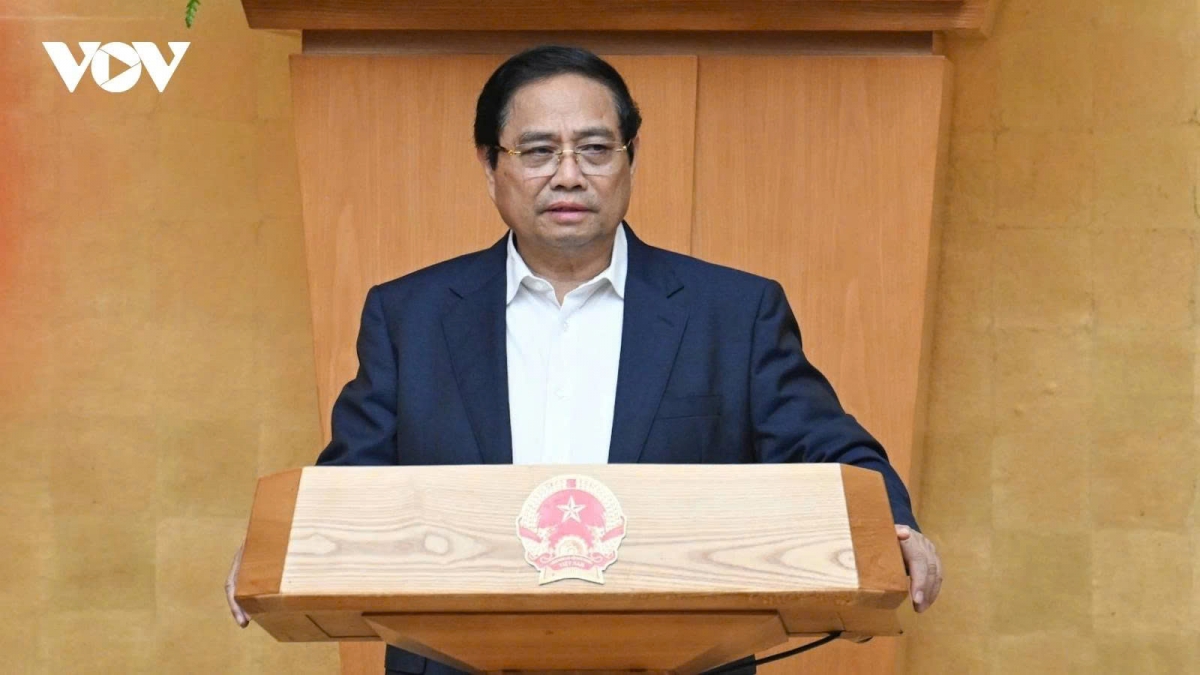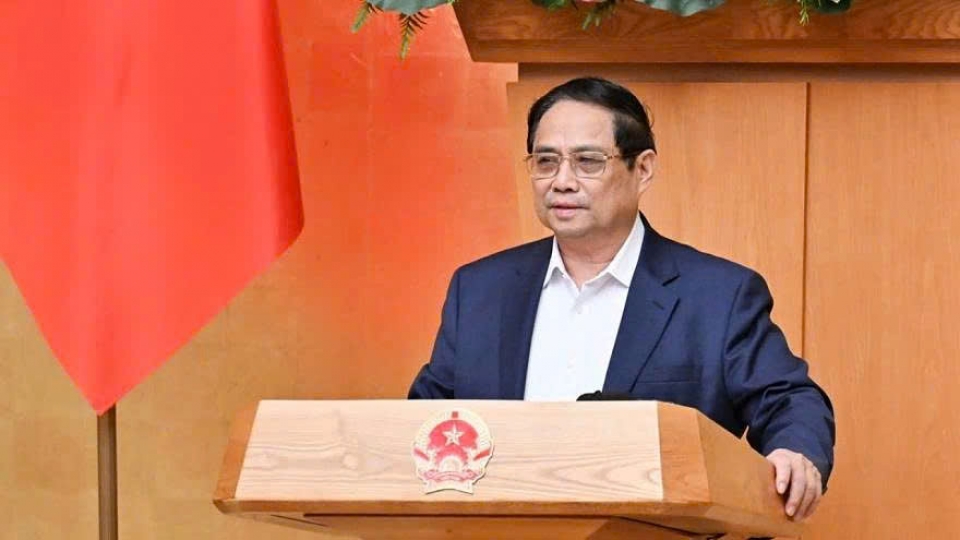PM calls for continued institutional breakthroughs to drive development
VOV.VN - Prime Minister Pham Minh Chinh, while chairing a Government session on law-making for September in Hanoi, emphasised the urgent need to continue making breakthroughs in institutional reform to remove bottlenecks and accelerate fast and sustainable national development in the coming period.

Addressing the thematic meeting on September 8, the PM noted institutional reform remains one of the three strategic breakthroughs, alongside breakthroughs in human resource development and infrastructure development. He recalled that under Resolution 66-NQ/TW issued by the Politburo in late April 2025, Vietnam must basically remove institutional obstacles to serve national development by 2025.
According to the Prime Minister, since the beginning of 2025, the Government has organised nine thematic sessions on law-making, reviewing and providing feedback on around 80 draft laws and resolutions.
The Government is currently preparing to submit to the coming year-end session of the National Assembly approximately 113 documents, including 47 draft laws and resolutions - a substantial workload within a short timeframe that demands high-quality, timely preparation.
At this September meeting, the Government is to review nine major draft laws, including those on personal income tax (amended); high technology (amended); amendments to laws on technology transfer, intellectual property, international treaties; a law amending 10 laws related to public security and order; a law amending 15 laws in agriculture and environmental protection; and a law on the press (amended), among others.
The Prime Minister urged Government members, ministers, and sectoral leaders to take personal responsibility in leading legal reform; allocate sufficient time, resources, and personnel to ensure both progress and quality; review outdated or overlapping regulations; institutionalise policies that are proven, effective, and widely supported;
“When amending multiple laws in one bill, the goal must be to create a clear, stable, and user-friendly legal framework that strengthens state governance and facilitates citizens and businesses alike,” the Prime Minister said.
In the law-making process, he requested clearly decentralising authority while ensuring resource allocation and execution capacity; strengthening oversight, performance monitoring, and outcome control; and conducting a systematic review to cut at least 30% of administrative procedures, execution time, and compliance costs for people and businesses.
He asked drafting agencies to present proposals succinctly and clearly, highlighting key issues requiring feedback, specifying what to amend or remove, and providing solid justifications.
In conclusion, the Prime Minister reiterated that achieving the GDP growth target of 8.3%–8.5% for 2025, and maintaining double-digit growth in subsequent years, requires a modern, transparent, and effective legal and institutional framework.





